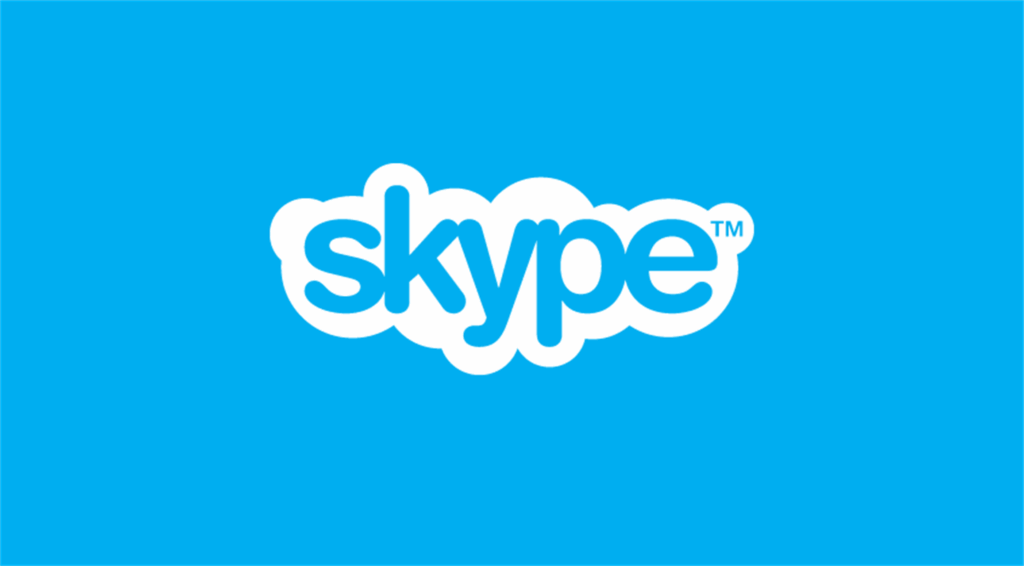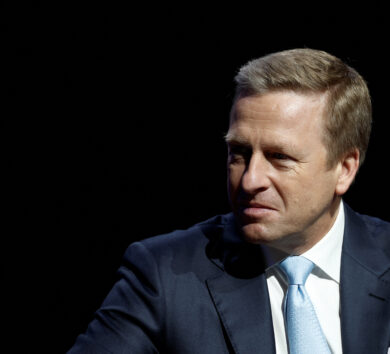

Popular video calling portal Skype, owned by Microsoft, will no longer operate after twenty-two years.
Microsoft will be placing greater emphasis on its Microsoft Teams platform.
Skype was a unique video platform in the opening years of the 2000s and was the first to provide free computer-to-computer video calls across the world. Many companies held meetings via Skype, connecting with subsidiaries and other executives via screen. It was highly popular with those linking up with family and friends.
Microsoft bought Skype back in 2011 for US$8.5 billion. However, Skype was unable to keep up with other similar platforms like Zoom and Slack and got left behind. It has now gone the way of Blackberry and Nokia phones.
Skype was founded by European developers Janus Friis and Niklas Zennstrom in 2003. Friis is a Dane and Zennstrom hails from Sweden. Two years later, Skype had 75 million active users.
Skype was a cool, hip company run by young European tech heads. After three years in operation, eBay came calling, throwing down US$2.6 billion on the table. Three years later, eBay sold its majority stake to a private equity group.
Skype continued to go from strength to strength before Microsoft beat off both Facebook and Google, acquiring it in 2011, when it had 155 million monthly users.
One would have thought that Skype would have had a resurgence during the COVID pandemic but rivals ate its lunch. The technology utilised couldn’t work with smartphones.
Skype became a household name, but it was neglected and withered on the vine as so often is the case when behemoth corporations take over. That inventiveness, unique character gets pushed aside, just ask CNN’s founder Ted Turner.
In 2024, Skype’s user base fell to 27 million, down from 40 million in 2020. It had a registered user base of 1.95 billion and that was projected to increase to 2.40 billion in 2025. Skype had 300 million active users each month, with 40 million people using it daily.
Now it is no more. RIP.
Skype was unable to pivot, to produce more unique features, and Microsoft wasn’t committed to it, to grow the company, opting to focus more on Team,s which became part of its 365 offering.







Comments